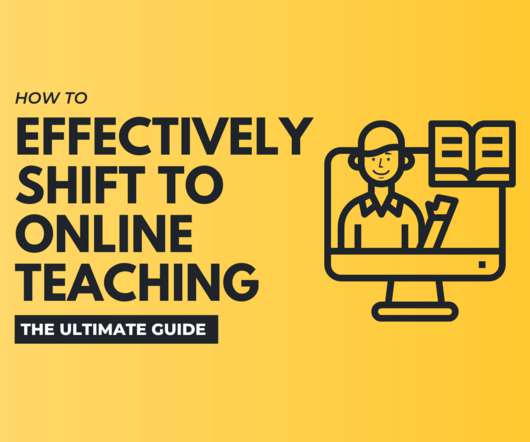A question of attitude
Clive on Learning
MARCH 21, 2012
Ernest had strong opinions on just about all matters of pedagogy and good practice and that included the issue of attitudes. Clive," he said, "It's not our business to try and change people's attitudes. It's almost impossible to address issues of knowledge and skill when attitudes are in the way.




































Let's personalize your content